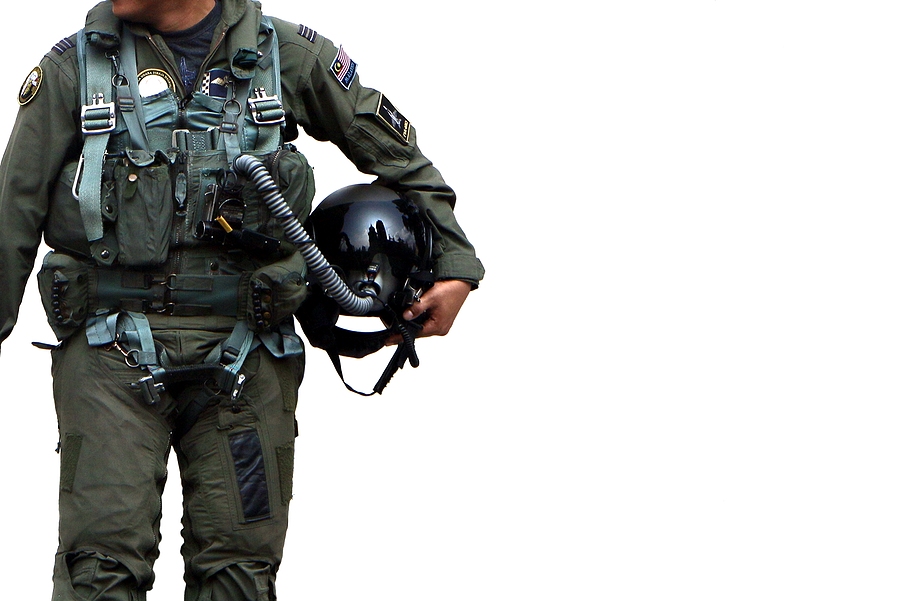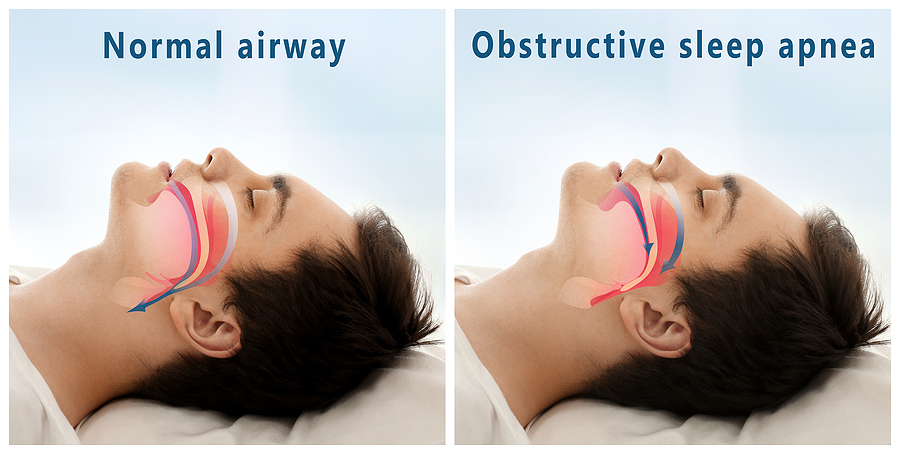What is HIMS AME?
For aspiring pilots and those who have never faced a medical certification challenge, navigating the FAA medical certificate application process may seem surprisingly complex. Even for relatively common conditions like high blood pressure or hypothyroidism, Aviation Medical Examiners (AMEs) need to review specific medical documentation generated within 90 days of your appointment to issue a certificate.
More serious medical issues require more comprehensive medical evaluation to meet FAA standards. Demanding requirements required for pilots with conditions like well treated diabetes and heart disease notwithstanding, past substance abuse or dependence and/or mental health condition treated with medications pose the most rigorous standards.
HIMS AMEs are examiners who have attended advanced specialized training from the FAA to help pilots with those conditions return to flying.
What is the HIMS Program?
HIMS stands for Human Intervention Motivational Study. Originally for airline pilots recovering from alcoholism, HIMS helped them return to work. Despite its now broader use, the program retained its original name and focus on practical application.
The HIMS program was originally founded in 1974 by the National Institute for Alcohol Abuse and Alcoholism (NIAAA) in collaboration with the FAA. Soon after the FAA provided grants to the Air Line Pilots Association (ALPA) to continue the program and it has steadily expanded over the past 50 years.
The HIMS program saw a major expansion in 2010 when the FAA first developed a pathway for pilots treated with certain antidepressants to obtain medical certification. Today, thousands of pilots are safely flying with valid FAA medical certificates despite recovery from substance dependence and/or well controlled chronic mental health conditions requiring medication.
HIMS Program Requirements
HIMS AMEs are only one small portion of the overall HIMS program. Even though they are trained physicians charged with providing independent assessments of pilots’ ability to fly safely, they also function as coaches and care managers.
Qualifying for FAA medical certification requires a tremendous amount of dedication, organizational skills, and patience. All pilots who enroll in the HIMS program must provide an extensive list of medical documentation. This also includes current treatment records to fully characterize their condition and demonstrate current stability.
They must also undergo specialized evaluations by a board certified psychiatrist and a specially trained aviation neuropsychologist. For some pilots, the FAA requires that the psychiatrist must also have certain specialized training. For example, HIMS program-specific education or addiction medicine specialization.
Generally, pilots with significant drug or alcohol use histories must also undergo inpatient rehab, participate in formal aftercare treatment, and remain active in a peer support group like Alcoholic Anonymous or Bird of A Feather before the FAA will consider their medical certificate applications.
HIMS AMEs play a critical role in helping pilots understand these requirements and supervising their progress.
Pseudo-HIMS Requirements
The FAA’s medical certification policies have become more and more permissive over the past several years. Many experts think those changes have enhanced aviation safety by destigmatizing mental health issues and allowing pilots to seek treatment.
Pilots with suitable documentation can receive medical certificates directly from their AME for these conditions:
- Childhood ADHD
- Generalized anxiety disorder
- Adjustment disorder
- Social anxiety disorder
- Postpartum depression
- Obsessive compulsive disorder
- Post traumatic stress disorder
Pilots with serious or recurring conditions may still qualify for medical certification after review by the Federal Air Surgeon’s office.
While pilots with those diagnoses are not generally required to use HIMS-trained evaluators, many behavioral health specialists who are not acquainted with aviation medicine standards fail to provide assessments that meet the FAA’s standards.
To speed up the FAA’s decision, pilots can submit an assessment from a HIMS-trained psychiatrist or neuropsychologist with their application.
Who Actually Needs a HIMS AME?
The only pilots who must enroll in the HIMS program and work with a HIMS AME are those who are 1) determined by the FAA to have a substance abuse or dependence diagnosis; or 2) actively treated with an antidepressant medication. You can choose any AME unless specifically directed otherwise by the FAA.
However, the FAA sometimes requires pilots to use a HIMS-trained aviation neuropsychologist and/or HIMS-trained aviation psychiatrist to conduct certain specialized evaluations even though they do not need to participate in the full HIMS program. ADHD with recent medication use and ambiguous or incomplete non-HIMS-trained evaluator reports are two common triggers of that requirement.
Still Confused?
Do not be discouraged if the foregoing explanation left you with additional questions. Navigating the FAA medical certification process for the first time or with a new condition can be a daunting task. Consult with your trusted AME before completing MedXPress or a certification exam.. You can also schedule a free consultation with Wingman Med to discuss your situation and figure out the best path forward.





